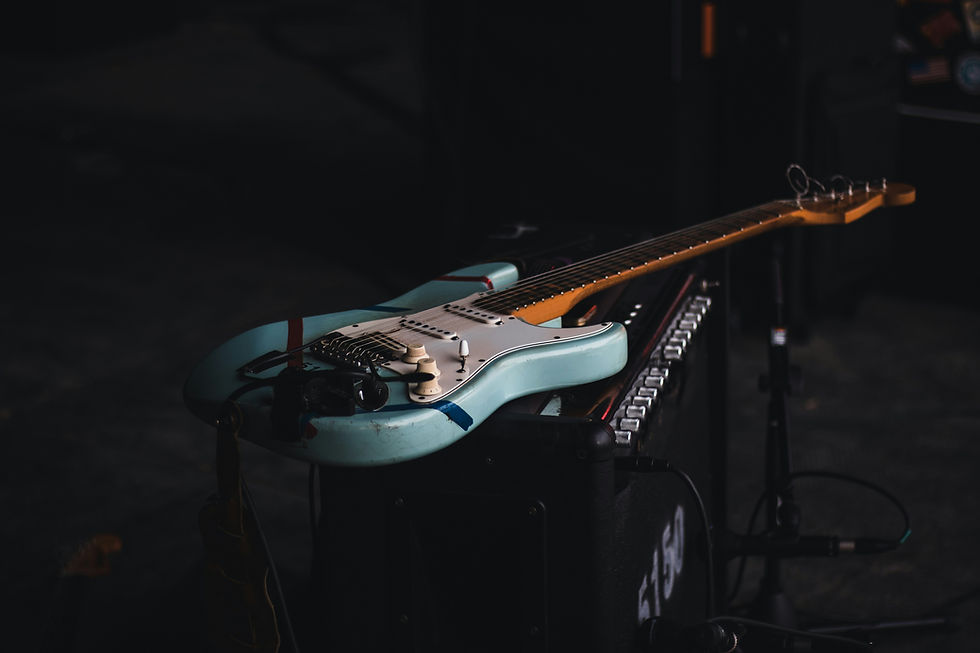The Three Areas of Musical Development
- Michelle Monette

- Mar 25, 2024
- 2 min read

Learning music can feel overwhelming for aspiring and seasoned musicians alike. The endless array of exercises, information, and songs available to explore can quickly lead to frustration, discouragement, and sometimes even paralysis. With so many choices—and so little time—it can be difficult to know where to focus our attention. We can reduce this confusion by simplifying our understanding of what’s truly needed to improve. Everything we work on musically can be sorted into one of three broader categories: proficiency, musicianship, and artistry. These three areas are complementary, working together to support musical competence and well-roundedness.
Proficiency refers to one's ability to command a specific instrument in order to intentionally create a desired sound. Being proficient depends on having strong technique, tonal control, and a deep understanding of an instrument. For a guitarist, building proficiency would mean gaining strong and reliable technique, learning to visualize the fretboard, and developing an understanding of how to dial in tone—both through physical touch and through the manipulation of their gear. Since our instrument is the vehicle through which we demonstrate our musicianship and express our artistry, it’s essential to develop an appropriate level of competency with it.
Musicianship relates to any skill required by all musicians in order to understand and speak the language of music. This includes, but is not limited to, possessing a workable understanding of theory and the basic building blocks of music, well-trained ears, and a strong sense of time. Having a solid foundation of musicianship is an essential part of being a capable musician. Well-honed musicianship—especially when combined with a high degree of proficiency—allows us to clearly articulate our musical ideas and to create freely, either by ourselves or with other musicians.
Artistry refers to every musician’s unique way of expressing musical ideas. This can come in the form of writing original compositions, improvising, and covering, arranging, or interpreting existing pieces of music. Developing your artistic voice offers you a chance to leave your musical mark in the world. To cultivate artistry, we have to spend time listening to, and learning, existing music and then create our own musical output. This ongoing cycle of taking in musical inspiration and then filtering it through your own creations will shape your musical fingerprint. By having a clear artistic voice, you will know exactly what aspects of proficiency and musicianship will be most beneficial for you to prioritize.
By focusing on exercises or projects that elevate each of these areas, you’ll ensure your continued growth as a balanced musician and artist. The specifics of what you work on will change along with your skills, goals, and tastes, but as long as you give each element consistent and serious attention, you can rest assured you’ll always be improving in the right direction.






Comments